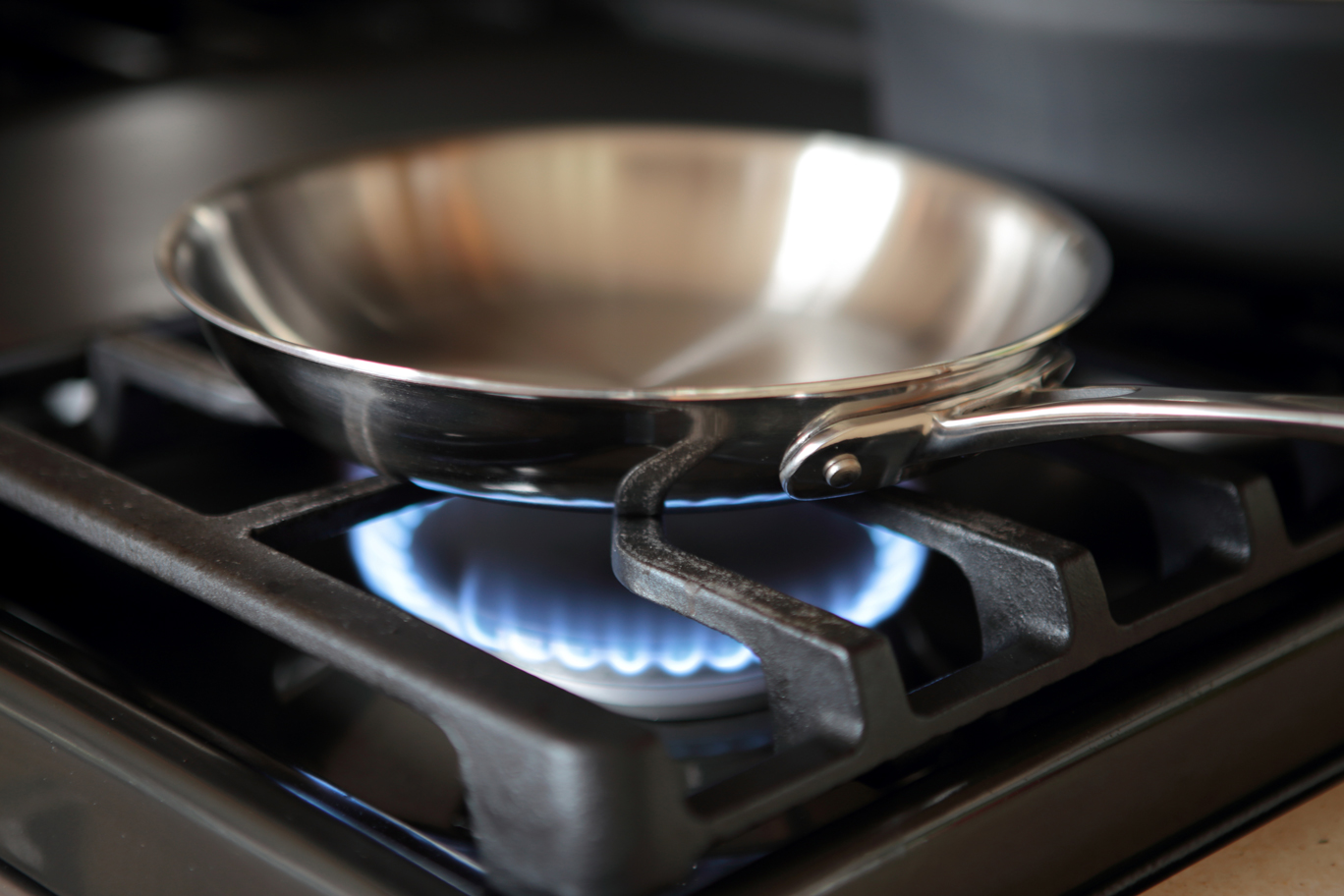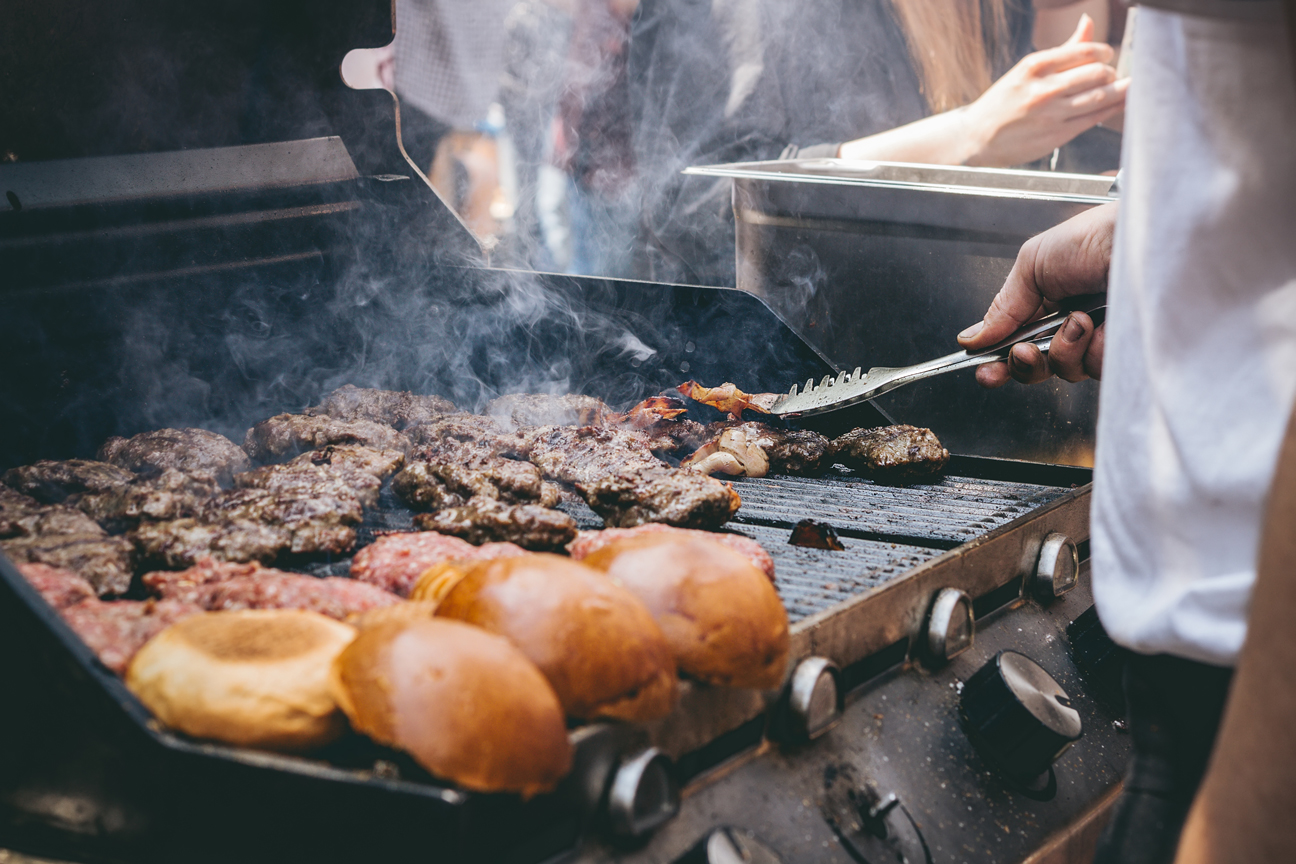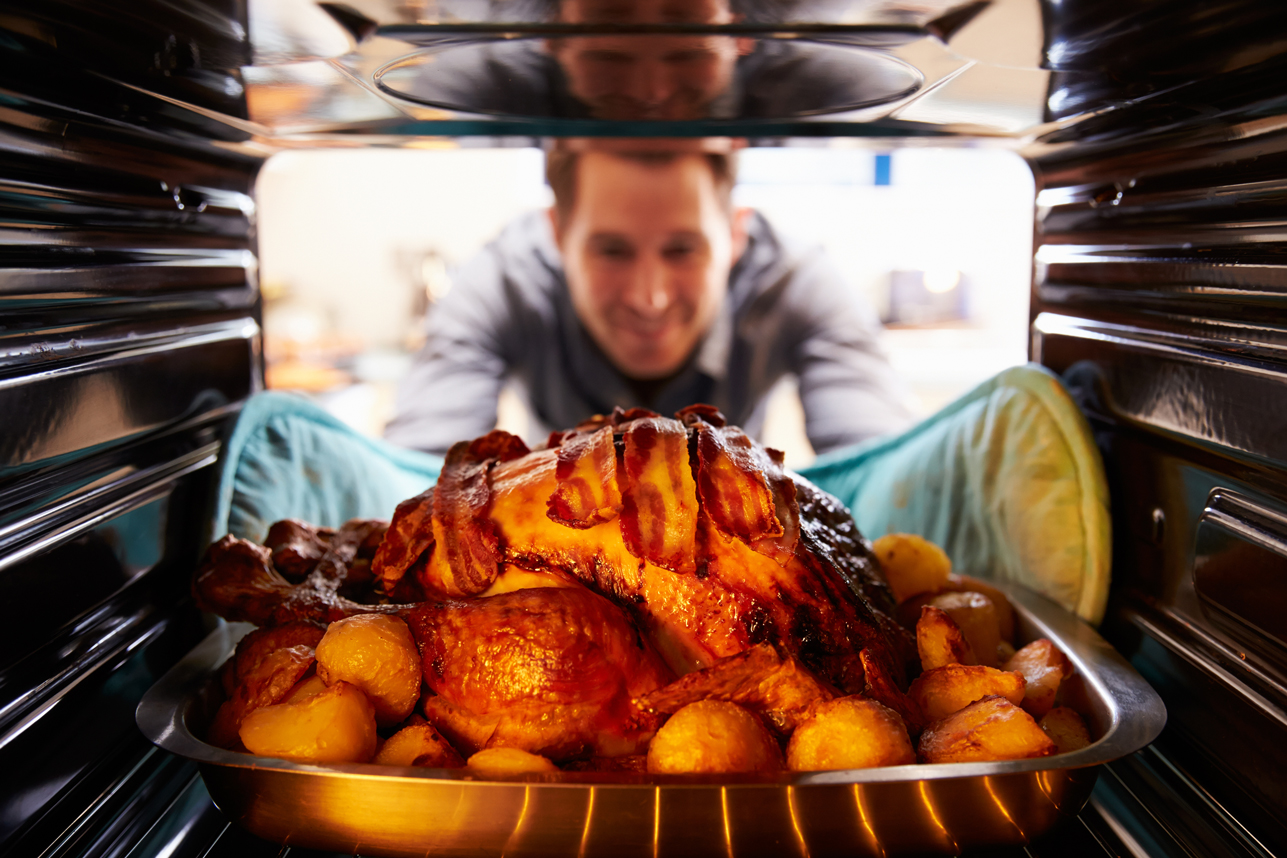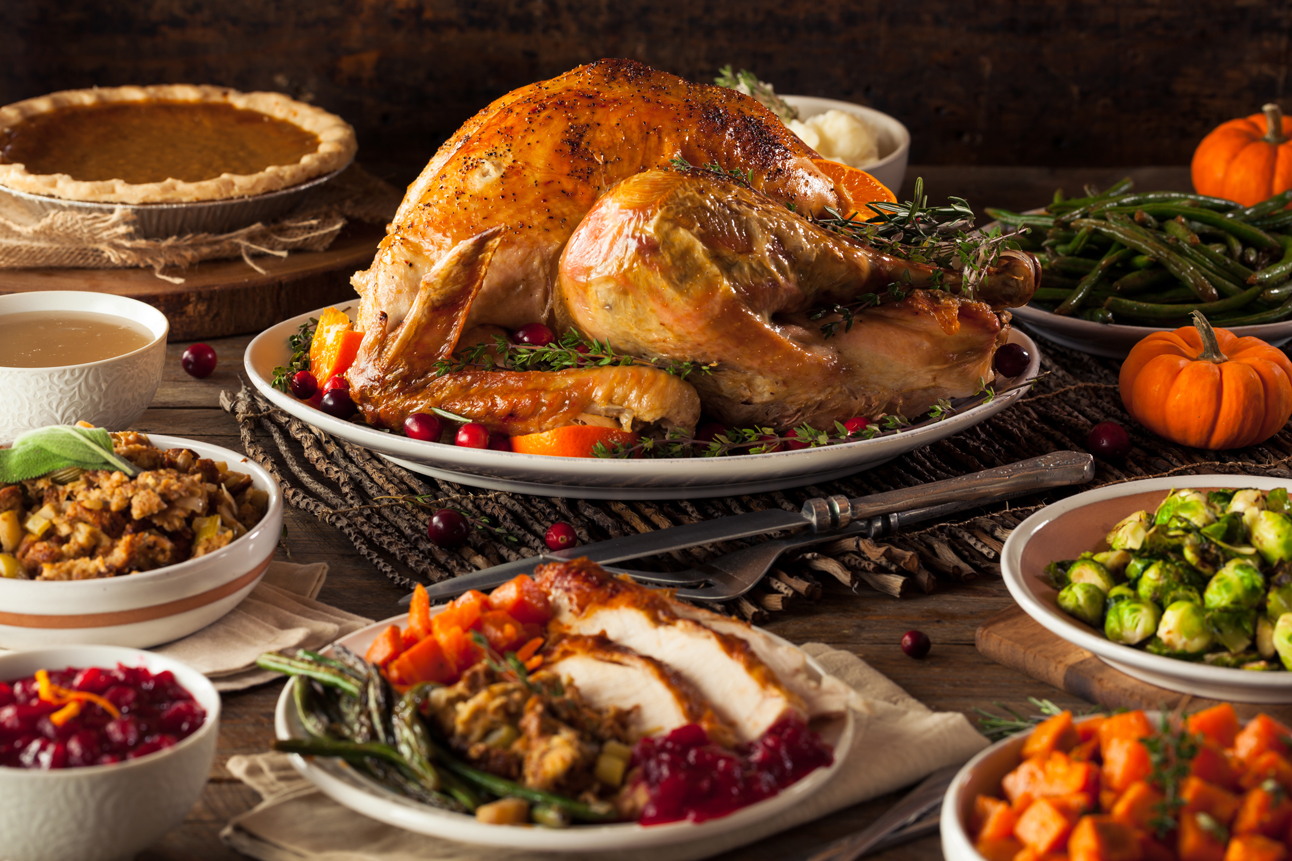Cooking Safety
General Safety Tips

According to the U.S. Fire Administration, 85 percent of university housing fires are cooking fires, resulting in more than 3,000 university cooking fires each year. Unattended cooking is the leading contributing factor in college cooking fires. Follow these tips when cooking:
- Never leave cooking unattended.
- Keep your cooking area clean and free of anything that can burn.
- Keep an eye on what you are cooking, especially if you are cooking at high temperatures.
- Frying poses the greatest risk. Never put water on a grease fire. Put a lid on it.
- If a fire starts in a microwave, keep the door closed and unplug the unit.
- If you use electric appliances, do not overload circuits.
- Stand by your pan. If you leave the kitchen, turn the burner off.
- For an oven fire, turn off the heat and keep the door closed.
Grilling Safety Tips
According to the National Fire Protection Association (NFPA), gas grills were involved in an average of 9,079 home fires per year, including 4,454 structure fires and 4,625 outdoor fires annually. Leaks or breaks were primarily a problem with gas grills. Six percent of gas grill structure fires and 15% of outside gas grill fires were caused by leaks or breaks.
- For propane grills, check the gas tank for leaks before use in the months ahead.
- Keep your grill clean by removing grease or fat buildup from the grills and in trays below the grill.
- Place the grill well away from the home, deck railings and out from under eaves and overhanging branches.
- Always make sure your gas grill lid is open before lighting it.
- Keep children and pets at least three feet away from the grilling area.
- If you use starter fluid when charcoal grilling, only use charcoal starter fluid. Never add charcoal fluid or any other flammable liquids to the fire. When you have or are finished grilling, let the coals cool completely before disposing in a metal container.
- Never leave your grill unattended when in use.

Holiday Cooking Safety Tips

Thanksgiving is a great time to enjoy some food, watch some football and get a head start on your holiday shopping. But did you know that Thanksgiving is also the leading day of the year for home fires involving cooking equipment? Follow these tips to keep you and your family safe during Thanksgiving and other holiday gatherings:
- Stay in the kitchen when you are cooking on the stovetop so you can keep an eye on the food.
- Stay in the home when cooking your turkey and check on it frequently.
- Keep children away from the stove. The stove will be hot and kids should stay 3 feet away.
- Make sure kids stay away from hot food and liquids. The steam or splash from vegetables, gravy or coffee could cause serious burns.
- Keep the floor clear so you don’t trip over kids, toys, pocketbooks or bags.
- Keep knives out of the reach of children.
- Be sure electric cords from an electric knife, coffee maker, plate warmer or mixer are not dangling off the counter within easy reach of a child.
- Keep matches and utility lighters out of the reach of children — up high in a locked cabinet.
- Never leave children alone in a room with a lit candle.
- Make sure your smoke alarms are working. Test them by pushing the test button.
Deep-fried turkey has become a Thanksgiving tradition for many but turkey fryers that use cooking oil can be dangerous. The National Fire Protection Association (NFPA) recommends buying a fried turkey from a grocery store or restaurant or using a fryer that does not use oil, such as an infrared fryer, air fryer or electric turkey fryer.
If you choose to use a turkey fryer that uses cooking oil, review these tips to make sure you do so safely.
- Make sure your turkey fryer is on a sturdy, level surface to prevent it from tipping over. Do not move it once it is in use.
- Make sure it is at least 10 feet from your home and not under roof eaves or awnings.
- An overfilled cooking pot will cause cooking oil to spill when the turkey is put in. Test the amount of oil you need by filling your fryer with water. Place the turkey in the pot, making sure the water doesn’t get too close to the top. Measure the water and use that as a guide for filling the pot with oil.
- A partially frozen turkey will cause cooking oil to splatter when you put it in the cooking pot. Make sure your turkey is fully thawed without frost on it before you fry it.
- Without thermostat controls, deep fryers can overheat oil to the point of starting a fire. If your turkey fryer does not have a thermostat, use a kitchen thermometer that attaches to the side of the pot. This will help you monitor the temperature of the oil.
- The sides of the cooking pot, lid and handles can get dangerously hot. Always use protective oven mitts. Keep children and pets at least 3 feet from the turkey fryer.

